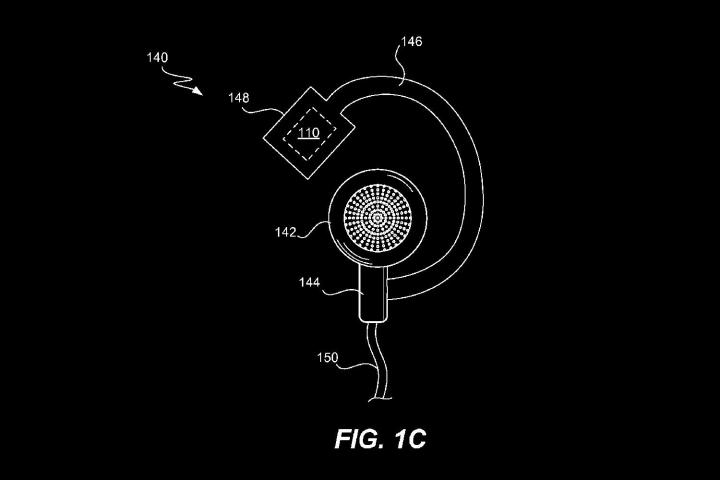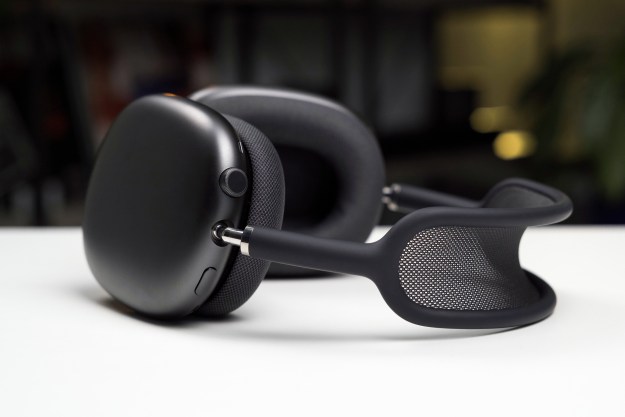
The last time we checked, very few people wear watches anymore. So what if Apple, instead of tacking cool features onto something that we’ll have to add to our arsenals, puts them into something that is already a mainstay in the average American’s wardrobe? It turns out that the company has been patiently waiting on patent approval for something that fits that very profile: earphones that can monitor your physical vitals in real-time, as well as provide quick feedback and motivation, personalized via their assessment of your body.
The patent, titled “Sports monitoring system for headphones, earbuds and/or headsets,” aims to solidify the vitals-monitoring aspects of the headphones and a new style of user functionality and control. In essence, the wearer of Apple’s future headphones will merely move his or her head one way or the other to pause the track, skip to the next, or modify the volume — all hands-free.
So, while we’re embarrassingly bobbing our noggins up, down and all around, at least we’ll be able to know how fast our heart is beating, what our body’s temperature is and how much we’re perspiring. And the headphones’ intimate knowledge of our bodies will enable them to choose the precise moment at which we need a little extra push to make it up that hill — just in time, Iggy Pop (or whoever else Apple’s deemed your favorite through analyzing your listening habits, presumably another one of the headphones’ skills) will roar into your ears for some customized musical motivation.
What do you think? Is there reason to believe that Apple’s patent spells “doom” for heavily invested-in and already-slated-for-release products like the Dash?
Patent law aside, Apple just jumped headlong into the futuristic fitness-guru earphone fray — with the instilled confidence of a recently awarded patent.
Editors' Recommendations
- Best Apple AirPods alternatives for 2024: Bose, Sony, Marshall, and more
- Mojawa’s latest headphones provide real-time fitness feedback using AI and haptics
- Beats Studio Pro vs. Apple AirPods Max: which cans are best for Apple fans?
- Apple AirPods Max 2: what we know, what we want, and how much it will cost
- Best Cyber Monday Headphone Deals: Apple, Beats, Bose, Sony




